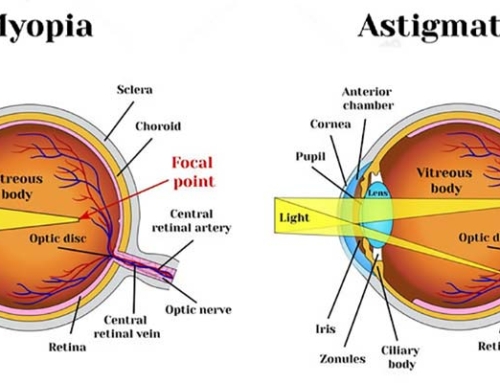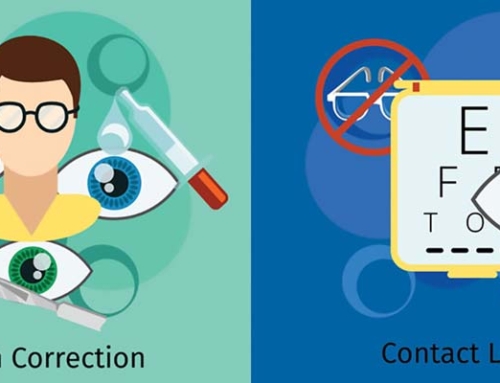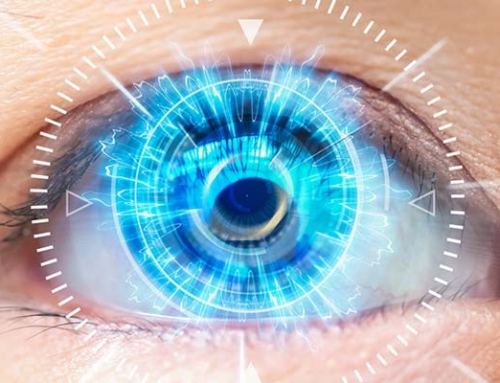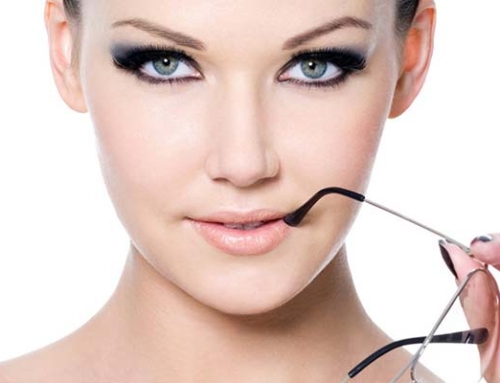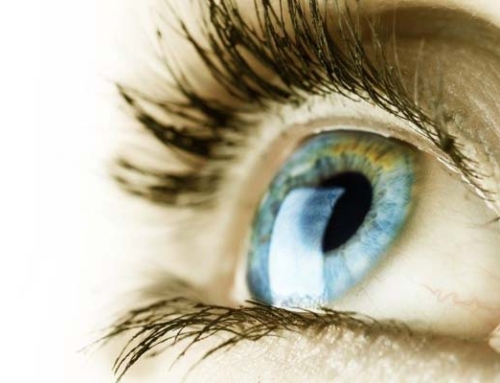We all do it. When we are busy with daily life, seldom do we remember to follow healthy habits. This is especially true when it comes to our contact lens. While our contact lenses essentially transform our vision, when not used as directed by our eye care specialist, we can definitely do significant damage to our precious peepers.
Let’s start by understanding what bad habits lead to poor contact lens care, but then examine some simple solutions to preventing this dangerous misuse.
Bad Habits and Your Contact Lens
Three poor habits turn these contact lens into a hotbed of infection and risk: not changing old lenses out, not washing hands when caring for contacts, and sleeping in contacts.
Not changing out your contact lenses can lead to permanent eye damage. Infectious lifeforms can fester on month old contacts, and your eyes create a perfect breeding ground for a contagious takeover. A lot of people feel like their contact lenses are fine until they begin to bother them or itch, however, these thoughts should be dismissed. Contacts should be changed on a regular basis, appropriately stored, and used with the correct solutions.
Not washing hands before inserting or removing contacts is also a dominant unhealthy practice. Persistent corneal infiltrative events can occur, leading to troublesome symptoms that will need medical attention.
Sleeping in contacts can cause two types of problems for the user, infection and/or trauma. Contact lenses are not designed to sleep in, whatsoever. While some of us may wish they would be, sadly, we have to face reality, and refusing to take these out while we sleep, even just for a night, can lead to persistent corneal infiltrative events. Infection is likely to occur if you are a frequent overnight contact-wearer and could lead to long-term eye conditions. Along with infection you can experience some sort of overnight trauma while you sleep. Doing this one thing every night could greatly reduce your chances of acquiring some sort of eye condition.
Habits of Healthy Contact Users
Changing your contacts is essential. Depending on the form of lenses you use, whether its daily wear, extended wear, or others, be sure to change these depending on the frequency prescribed in your treatment. If you are unsure about when to dispose of your contacts, consult your eye care specialist to discuss what the different requirements are and other options if you feel like you can’t keep up.
Standard hygiene practices, especially when waking up and going to bed (when you should be changing out your lenses) is ideal. Washing hands, rinsing the face and eye areas, and keeping environments clean will reduce the number of bacteria and allergens that can potentially get stuck between your eye and the contact lens. Additionally, storing the contacts in a safe environment is paramount to eye protection.
Contact lenses genuinely change the way we see the world. If you experience issues with your contacts, need a new prescription, or want to discuss options, your eye care specialists will be happy to have that conversation. We will help prepare you with the information and education needed to be a healthy contact lens user. Contact us today.


